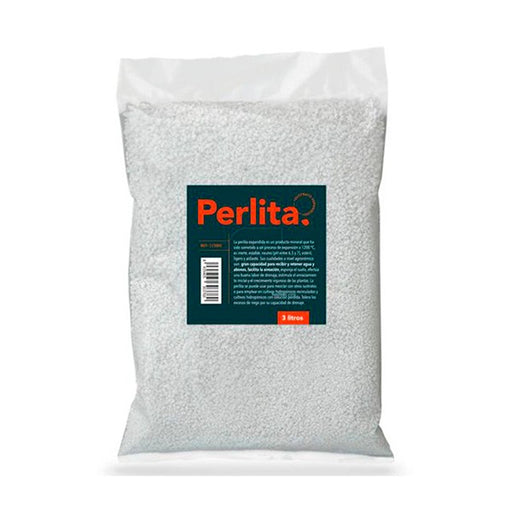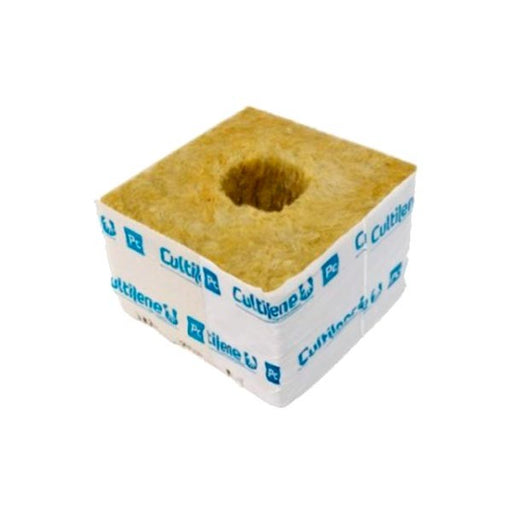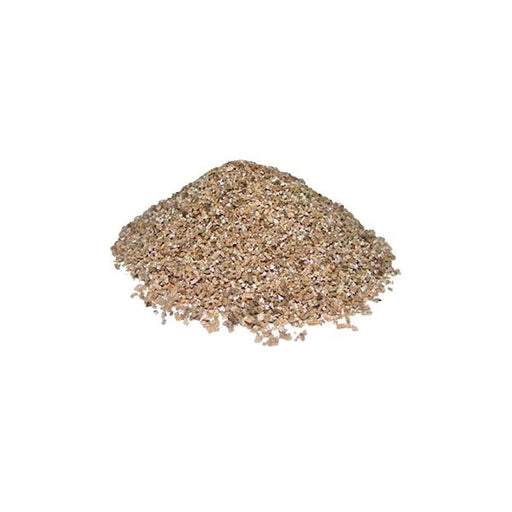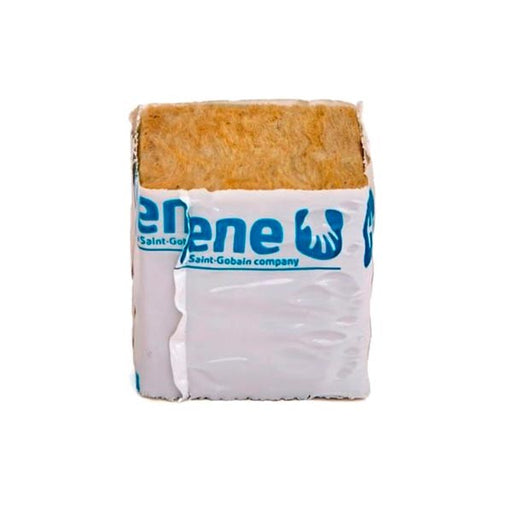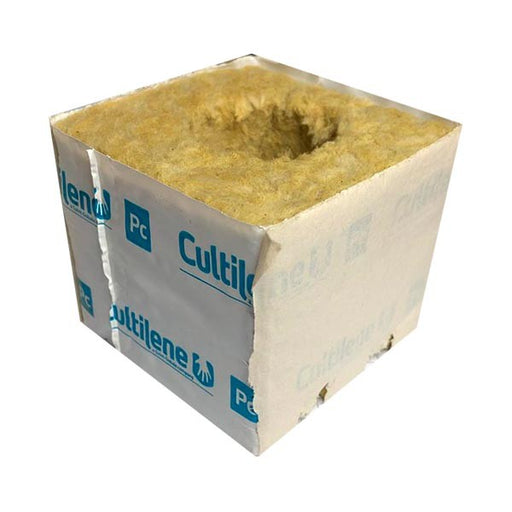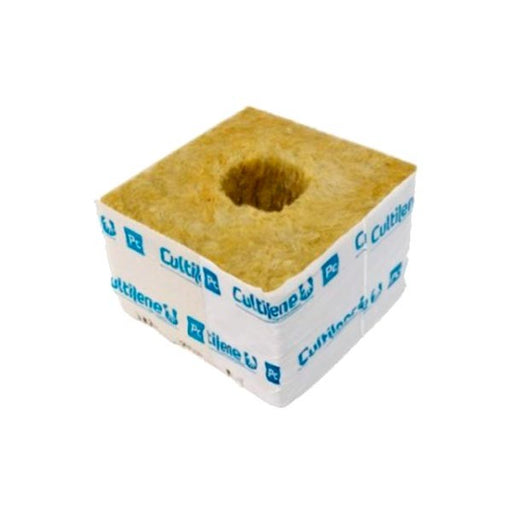Best price on the market
What is hydroponic substrate
Hydroponic substrate is a growing medium used in hydroponic systems that does not use soil. Instead of soil, this substrate provides support for plant roots while supplying them with water, nutrients and oxygen in a controlled manner.
Hydroponic substrates can be composed of a variety of materials, such as perlite, vermiculite, coconut fiber, rock wool, expanded clay, among others. These materials are designed to retain water and nutrients, while allowing adequate oxygen flow to plant roots.
Hydroponic substrate is a versatile and effective growing medium that offers optimal conditions for plant growth in hydroponic systems, allowing growers to obtain high-quality harvests with a lower risk of soil-related problems.
Benefits of using hydroponic substrate
Using hydroponic substrate offers a number of significant benefits to growers:
- Resource Efficiency : Hydroponic substrate uses less water compared to traditional soil growing methods, as water is recirculated and used more efficiently, reducing waste.
- Greater control over the growing environment : With hydroponic substrate, growers can precisely control factors such as pH, EC (electrical conductivity), temperature and humidity, allowing conditions to be optimized for optimal plant growth. .
- Faster growth and larger harvests : By providing roots with a constant supply of water, oxygen and nutrients, hydroponic substrate encourages faster and healthier plant growth, which can translate into larger harvests over a period of time. shorter.
- Reduction of soil diseases : By eliminating soil as a growing medium, the risk of soil diseases and pest emergence is reduced, which can help maintain a cleaner, healthier environment for plants.
- More flexible growing space : Hydroponic substrate can adapt to a variety of growing configurations, including vertical, horizontal or tower systems, allowing you to maximize the use of available space and increase production efficiency.
The use of hydroponic substrate offers a series of advantages that can contribute to a more efficient, productive and sustainable crop.
Types of hydroponic substrate
Some of the most common types include:
- Rockwool : Made from volcanic rock melted into fibers, rockwool is a popular substrate in hydroponics due to its ability to retain water and air. It is lightweight and durable, and is commonly used in drip systems and indoor growing systems.
- Perlite : Perlite is an inert substrate made from expanded volcanic rock that is used to improve aeration and drainage in hydroponic growing. It is light and provides good support for plant roots.
- Vermiculite : Similar to perlite, vermiculite is a lightweight substrate made of expanded minerals. It has a unique ability to retain water and nutrients, making it ideal for maintaining moisture in the root system of plants.
- Coconut Fiber : Coming from the coconut husk, coconut fiber is an organic and renewable substrate that offers excellent water retention and aeration. It is biodegradable and is commonly used in hydroponic soilless growing systems.
- Expanded clay : Also known as "hydroponic clay" or "expanded clay", this substrate is made of clay fired in the form of small balls. Provides excellent drainage and is ideal for flow and drain systems.
- Rockwool (mineral wool) : Similar to rock wool, rockwool is a substrate made of rock melted into fibers. It is widely used in commercial hydroponic systems due to its ability to retain water and oxygen, as well as provide excellent support for plant roots.
Choosing the right substrate will depend on factors such as the type of crop, the growing system used and the grower's preferences.
Selection of substrates for hydroponic cultivation
The choice of substrate will depend on the type of crop, the grower's preferences and the hydroponic system used. It is important to try different substrates and adjust based on the specific needs of the plants and growing environment. Below we present the selection of hydroponic substrates recommended by Grow Industry :
Perlite Plagron
Perlite is a substrate made from volcanic rocks, designed to enrich the soil of your crops. With its use, your plants can develop more extensive and resistant root systems. In addition, it is a product perfectly compatible with other fertilizers and fertilizers. By applying this substrate, your plants can improve the absorption of water and nutrients, promoting their healthy growth.
Cultilene rock wool slab
Cultilene rock wool slab is a growing medium specially designed for hydroponic crops. Made from molten basalt rock fibers formed into pressed blocks, it provides an ideal growth environment for plant roots. Rock wool has a porous structure that retains moisture and nutrients, while providing excellent water drainage and aeration for roots.
white pearlite
In addition to its ability to promote aeration, perlite also retains moisture effectively. This ensures that the roots have continuous access to the water and nutrients present in the hydroponic solution. Its stability over time and resistance to decay make perlite ideal for long-term use in hydroponic systems.
Cocoplus VDL Brick
VDL's CocoPlus Brick is a substrate made entirely of coconut fiber, extracted from natural coconut shells. This substrate offers excellent aeration, as well as a notable capacity to retain water. In addition, it is characterized by its low conductivity and high cation exchange capacity, which makes it an ideal option for the cultivation of various plants.
Plagron Premium Coconuts
Plagron Cocos Premium is a substrate highly valued for maintaining a stable pH and low levels of electrical conductivity (EC), making it the perfect choice for plants that require rapid growth. Free of fertilizers, this substrate is ideal for those who wish to personalize their feeding plan. Plus, its ability to be reused multiple times makes it even more convenient. With Plagron Cocos Premium, your plants will develop a vigorous structure and provide superior quality harvests at the end of the season. In addition, its versatility allows you to combine it with other substrates according to your specific needs.
Canna Natural Coconut
Canna Coco Natural is a substrate made from high quality coconut fibers, offering an ideal option for growing plants. Rich in aeration and water retention, this substrate promotes optimal root development and vigorous plant growth. Furthermore, its natural composition guarantees an environment free of diseases and pests, promoting a healthy and productive crop. With Canna Natural Coconut, growers can enjoy a reliable and effective solution for their gardening projects, with exceptional results with each harvest.
Selection of Atami substrates for hydroponic cultivation
The Atami substrate selection offers ideal options for hydroponic marijuana cultivation. Atami Hydro Rokz provides an inert, light medium that promotes drainage and oxygenation of the roots, which is essential in hydroponic systems to avoid waterlogging problems and promote healthy plant growth. On the other hand, Atami High Porosity Cocos and Atami Hydro Rokz Cocos , being based on coconut fiber, offer excellent water and nutrient retention, which is beneficial for the development of plants in hydroponic systems, especially in crops. of marijuana that require a constant and balanced supply of nutrients. In short, with Atami's variety of substrates, growers can choose the option that best suits their specific hydroponic marijuana growing needs, ensuring healthy, high-quality harvests.

